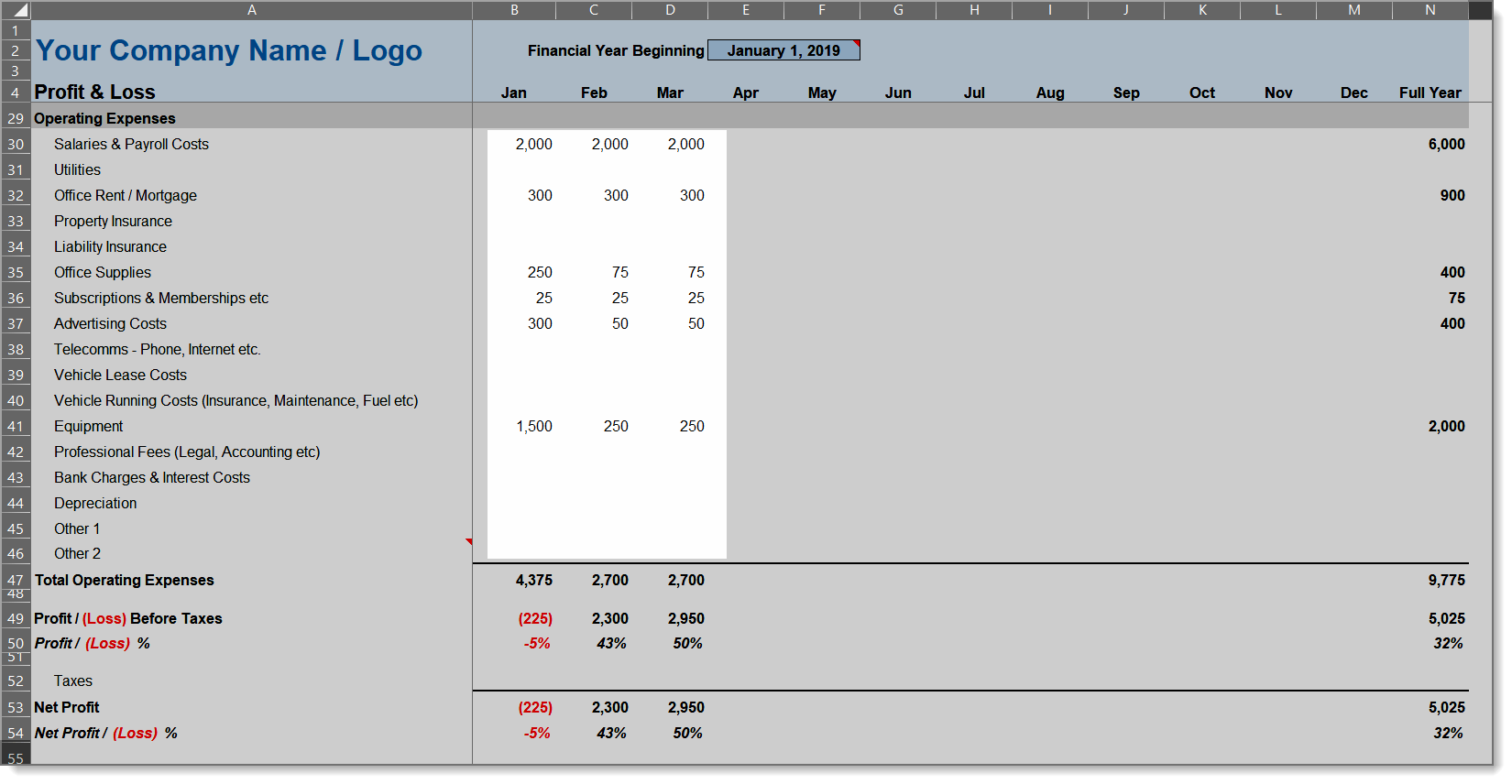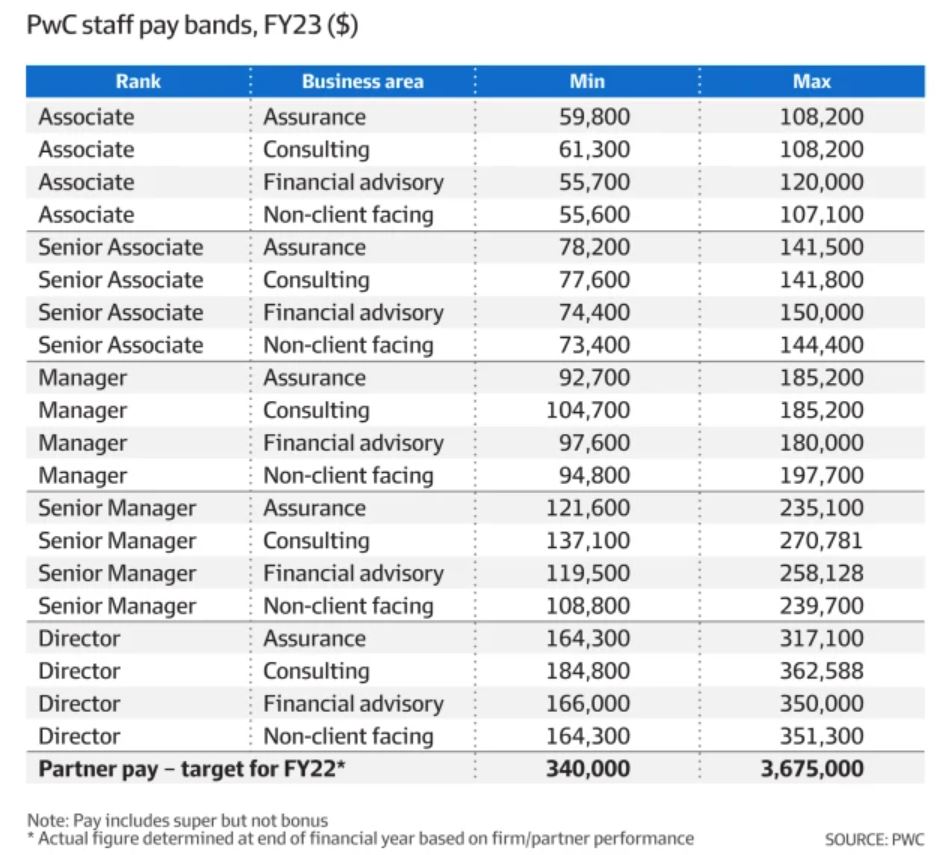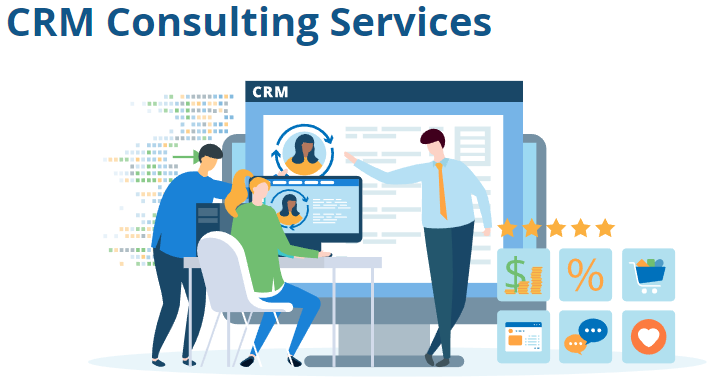
What is an environment consultant? An environment consultant is an individual who conducts environmental research activities, interprets the data they collect, and prepares reports for their clients. They provide consultation and advice to clients. The requirements of clients may require consultants to handle a variety of complex tasks. They oversee the effectiveness of projects and ensure compliance to environmental laws. They may also conduct field studies, which involves the collection and analysis of data.
Job description
The job description of an environment consultant includes many facets. An environment consultant is responsible for advising clients. They also produce reports and presentations that analyze data and give advice on environmental hazards. They also conduct field studies and gather data from sites. They should be able to communicate the findings of their reports in an easy-to-understand manner to clients and others. The environment consultant might work in many different fields. However, they will need to be able to communicate their findings in an understandable manner.

An environmental consultant advises clients on planning, environmental policy, and other related matters. They also advise on recycling, waste management, flood risk. They might also be responsible to plan and design environmental remedial actions to reduce environmental impacts. They may also be responsible for project delivery and keeping clients informed about the latest environmental policies. Because they work with clients who have limited budgets, it is important for environmental consultants to be efficient with their time in order to save money.
Education requirements
The education requirements to become an environment consultant are very detailed. Many environmental scientists, engineers, and geologists choose to become specialists in their fields. These fields require specialized training. However, minors in communications, business, public relations or communications may be useful. Not only should candidates have an in-depth understanding of the regulations and policies affecting the environment, but they also need to be skilled at soft skills like negotiation, leadership, and project managing. These qualities are essential for environmental consultants to be successful:
Internships at either a private or governmental company are a great way to get experience as an environmental consultant. You will gain valuable work experience in this field and make connections for jobs after graduation. Field consultant or technician internships will allow you to get hands-on experience in collecting samples and performing analyses. A candidate must have at minimum two to five year experience to qualify for a consultancy position.
Salary
Environmental consultants assess environmental issues and create plans to address them. They may be hired by government agencies to help plan infrastructure projects and address environmental challenges. Large companies also hire environmental specialists to help them develop sustainable business practices and reduce the risk of contamination in their supply chain. These consultants may also be involved in toxic cleanup or other environmental issues. Although their job duties may vary, they can expect to earn as much as $60,000 annually. Salary for environmental consultants ranges from $47,000 - $130,000. The range of compensation is based upon experience.

Higher salaries are possible for graduates who have worked in the relevant field. Although entry into this sector is unlikely with an HND, many consultancy firms offer graduate training schemes. You can also get relevant work experience by volunteering with local environmental agencies. Many environmental consultants work in consulting firms that are contracted by the government or other commercial organizations. A degree in environmental engineering or environmental science is the minimum requirement for entry.
FAQ
What happens after the consultant completes the job?
After the consultant completes the work, s/he will submit a final report detailing the results of their work. This report contains all relevant information, such as project timelines and deliverables.
You will then review the report to determine if the consultant fulfilled your expectations. If the report does not meet your expectations, you have two options: to request changes or to terminate the contract.
What are the benefits of consulting?
As a consultant, you can usually choose when you work and what you work on.
This means that you are able to work from wherever you're at any time.
This allows you to easily change your mind and not worry about losing your money.
Finally, you can control your income and set your own schedule.
How can I become an expert consultant?
Finding a passion area is the first step. Then you have to build relationships. Knowing what your clients want and how they work is key. And finally, you must deliver results for them.
Although you don't have the ability to do everything perfectly, you must be better than anyone else. You also need to have a passion for what you do. It isn't enough just to say, "I'm going to be a consultant." You have to believe in yourself, and in what you are doing.
How much should you charge to be a consultant?
It depends on what service you provide. If you are offering services for free, it is not worth charging anything. But if your services or products are for sale, you will need to establish prices that reflect their value.
If you're providing low-quality service, you don’t have anything to offer. So why would anyone pay you anything?
You might be able ask for a more expensive price if your services are of high quality. People recognize the value in you offering. Customers who buy multiple services from you may qualify for discounts.
What skills will I need to be a consultant?
An effective consultant must have strong interpersonal skills as well as analytical skills. This is because you could be asked questions or not know what you are doing. It is important to learn how to quickly solve problems and manage people.
Also, you must have great communication skills. Clients expect a response within 24 hours. They assume that you won't respond if they don't hear from them within 24 hours. It's important, therefore, to always keep them informed and ensure they understand what is going on.
How do I get clients to my consulting business?
Find an area that you are passionate about. You can choose to be passionate about anything, from public relations and social media. If this is the case, it may be worth starting small by focusing on a niche market such web design. Once you have found the niche market, you need to understand why it works. What problems does it solve What are the benefits? What can you do to support them?
It is also possible to approach businesses directly.
If all else fails offer your services for free at networking events and conferences. This will allow you to meet potential customers without the need for advertising and also allows you to showcase your skills.
Statistics
- My 10 years of experience and 6-step program have helped over 20 clients boost their sales by an average of 33% in 6 months. (consultingsuccess.com)
- Over 50% of consultants get their first consulting client through a referral from their network. (consultingsuccess.com)
- According to IBISWorld, revenues in the consulting industry will exceed $261 billion in 2020. (nerdwallet.com)
- On average, your program increases the sales team's performance by 33%. (consultingsuccess.com)
- Over 62% of consultants were dissatisfied with their former jobs before starting their consulting business. (consultingsuccess.com)
External Links
How To
What does a typical consultant's day look like?
Each type of work will dictate the day's pace. However, the majority of your day will consist of research and planning, meeting clients and preparing reports.
You'll often have meetings with clients where you can discuss issues and solve problems. These meetings can be held over the telephone, online or face-to face.
Sometimes, you may be asked to create proposals. These are documents that outline your ideas and plans for clients. Before presenting these proposals to clients, you will usually need to discuss them with a colleague or mentor.
You will need to create content after all your planning and preparation. For example, you could be writing articles, designing websites, creating videos, editing photos, or conducting interviews.
Depending on the scope of the project, you may need to do some research in order to gather relevant statistics or figures. It may be necessary to know how many customers are currently using your products or services.
Once you have all the information needed, it is time for clients to see your findings. Your findings can be presented orally or written.
After your initial consultation, you should follow up with your clients. You could phone them occasionally to check on things or send an email asking them to confirm that you have received their proposal.
This is a long process that can take some time. However, it is crucial to stay focused and to maintain good relationships.